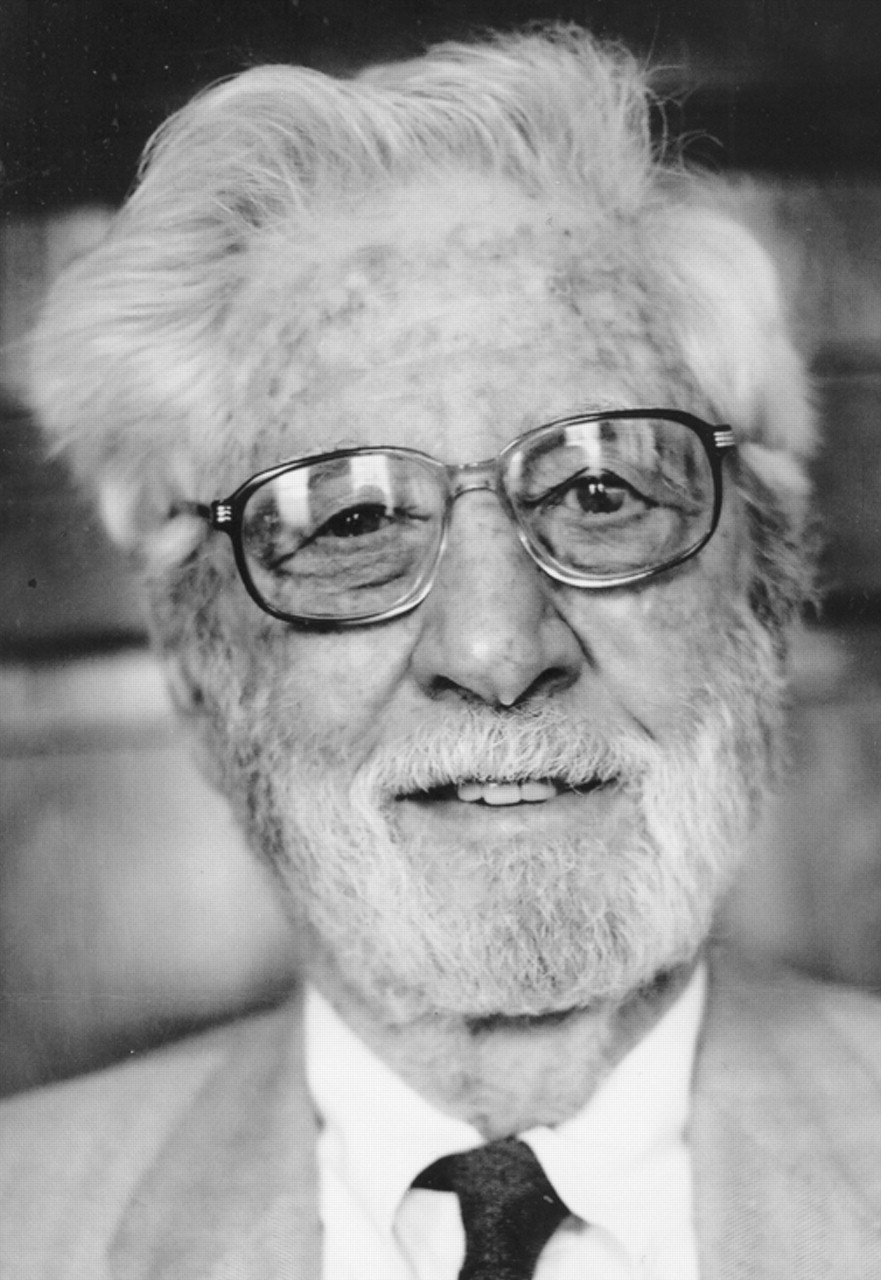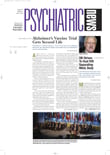As a psychiatrist whose career dates from World War II, I have experienced many profound changes in our profession. One of the most striking is the difference in attitudes toward diagnosis then and now. By diagnosis, I mean the affixing of a label to a pathological state presented by an individual seeking treatment under the assumption that the individual is suffering from a medical disease or disorder.
In the early days of my practice, psychiatrists, largely under the sway of psychoanalysis, displayed little interest in making medical diagnoses. Such a task could be left to psychiatrists who labored in the vast wastelands of state hospitals among people with schizophrenia or manic-depressive disorder.
What lay behind this indifferent, even faintly contemptuous, attitude toward diagnosis? Practically, a diagnosis afforded no pecuniary advantage since the usual out-of-pocket payment method of the time did not require the sanction of “medical necessity” as it has since the third-party-payment revolution for health services. A diagnosis was not likely to lead to an effective drug prescription, and, if psychotherapy was the treatment method being employed, a dynamic formulation was more useful than a medical diagnosis.
Another, less obvious reason for the negative attitude toward diagnosis at the time was the ambivalence psychoanalysts felt at being defined as physicians. True, they had defied Freud by requiring a medical degree for training in the institutes of the American Psychoanalytic Association, but this action may have come more from their guild and professional interests than from their hearts, which longed to be included in the grand vision of psychoanalysis as a force to change the world.
Yet another reason for the disrepute of diagnosis was the confusing and unhelpful state of the classification of mental disorders. This was remedied in 1980 by the introduction of DSM-III. The basic assumption of this and subsequent DSMs is that a diagnosis of a mental disorder is made when a patient's condition conforms to the criteria set forth in the classification. However, this assumption is questionable because the information on which many diagnoses are based is derived chiefly from the verbal responses of the patient through interviews or symptom check-lists. This limitation sometimes renders psychiatric diagnoses less reliable than diagnoses in other branches of medicine, which more often can call upon more objective methods such as physical examination and laboratory findings.
When symptoms are severe, as in the case of a suicidal depression or an isolating agoraphobia, or when the symptoms are qualitatively rather than quantitatively different from “normal” human behavior, as with delusions or hallucinations, this flaw is less troublesome, and the usefulness of the DSM in such cases is one of the reasons for its wide acceptance.
But when the symptoms fall within the considerable gray area between feelings and behaviors that constitute a disorder and those of a similar nature that are not severe or specific enough to merit a diagnosis, the diagnostician is faced with a significant problem. A few examples: shyness vs. social phobic disorder, a gloomy disposition vs. dysthymic disorder, dissatisfaction with one's appearance or sexual performance vs. body dysmorphic or hypoactive sexual desire disorder, getting upset when things go wrong vs. adjustment disorder.
Currently popular labels of questionable accuracy that fall within this category are bipolar disorder and borderline personality disorder. I contend that the DSM criteria, no matter how carefully specified or rigorously applied, cannot infallibly make these distinctions, which, in fact, may be more semantic than real, as is illustrated by the difficulties the framers of the DSMs had in defining “disorder.”
As a result of this uncertainty in applying criteria, the opinions, beliefs, interests, and theoretical backgrounds of the diagnostician are bound to influence diagnostic decisions in various ways. An important one is the need to supply a DSM diagnosis to satisfy insurers' demands and to establish a medical identity. A diagnosis can justify the prescription of a drug and can avoid troublesome questions about the employment of psychotropic medication for psychological symptoms that do not constitute a disorder. A diagnosis also avoids the derided, nonmedical term “problems of living” as a reason for treatment. This diagnostic uncertainty also has legal implications, as in cases that hinge on whether the defendant has“ the blues” or was mentally ill at the time the person allegedly committed a crime.
At a more subtle level, the increasing popularity of psychiatric terms to describe universal human frailties may be seen as another derivative of the facile American optimism that holds that if you are feeling bad in any way, you must be sick, because life is supposed to be a bed of roses.
As new diagnoses proliferate in each successive DSM (apathy is a candidate for inclusion in DSM-V), I feel concern about a burgeoning furor diagnosticus—offering a name and a number for every untoward feeling or behavior in a way that trivializes the human condition by denying its inescapable, somber, and even tragic elements. ▪

